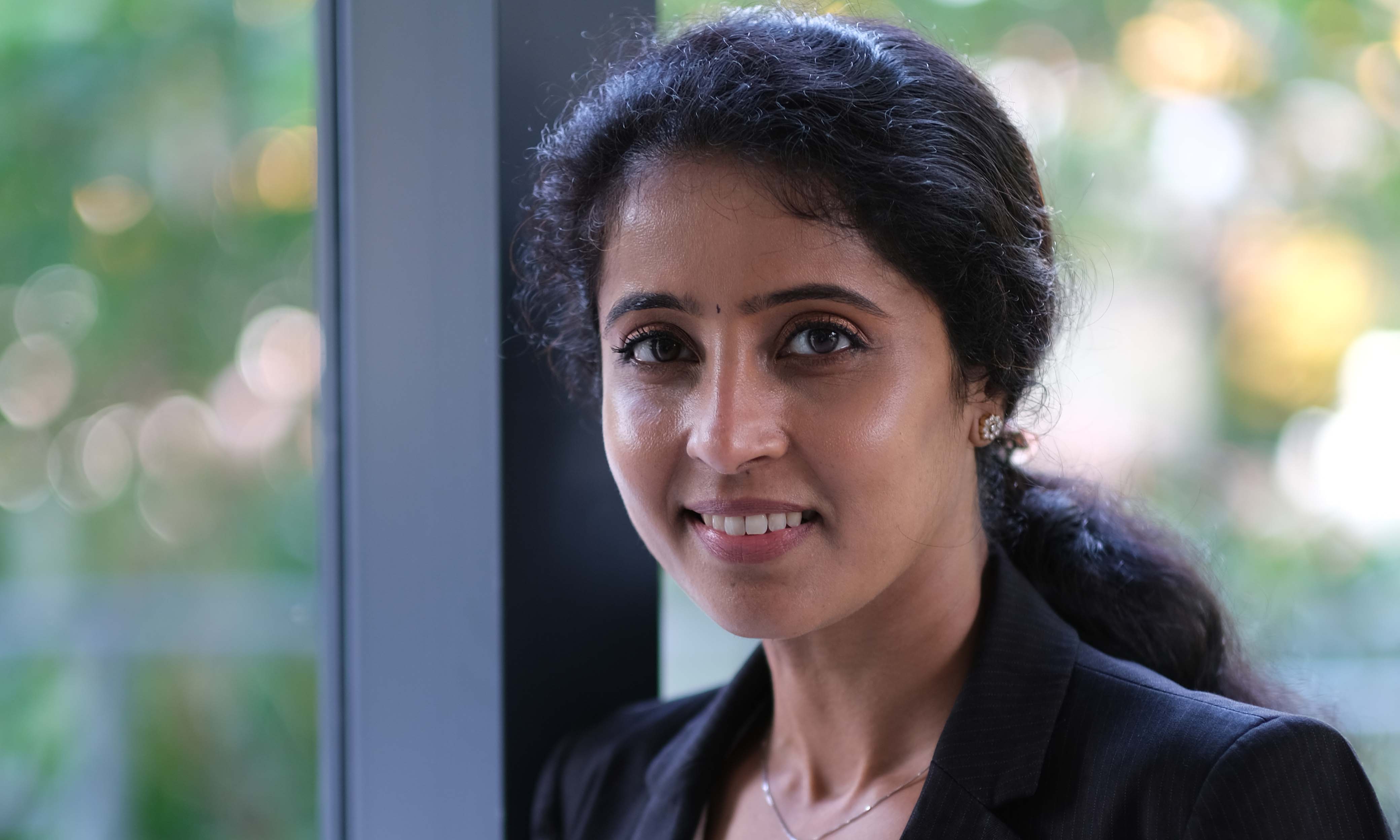Discover the innovations undergoing research, development and testing at NTU research centres
NTU has several research centres focusing on environmental sustainability. This includes the Earth Observatory of Singapore (EOS), Energy Research Institute @NTU (ERI@N), Nanyang Environment & Water Research Institute (NEWRI), Singapore Centre for Environmental Life Sciences Engineering (SCELSE), Singapore CEA Alliance for Research in Circular Economy (SCARCE), Future Ready Food Safety Hub (FRESH@NTU), Institute for Digital Molecular Analytics & Science (IDMxS), NTU Integrated Medical, Biological & Environmental Life Sciences (NIMBELS) and a Sustainable Learning Lab located in the National Institute of Education.
Earth Observatory of Singapore (EOS)
The Earth Observatory of Singapore conducts fundamental research on earthquakes, volcanic eruptions, tsunamis and climate change in and around Southeast Asia, toward safer and more sustainable societies. EOS aims to help build the social compact for Singapore to tackle the challenges of climate change and sustainability, which is central to the major Green Plan policy priority of the Government.
The Institute integrates research across NTU in the context of the energy challenge, and then helps translate outcomes into industry and practice. ERI@N's research focuses on a host of
Interdisciplinary Research Programmes, Flagship Programmes, Consortium Platform and an Accelerator Programme that covers the energy value chain from generation to innovative end-use solutions, motivated by industrialisation and deployment.
Singapore CEA Alliance for Research in Circular Economy (SCARCE)
A joint laboratory between NTU Singapore and the French Alternative
Energies and Atomic Energy Commission (CEA). The joint venture will synergize the expertise of researchers from Singapore and France to address the recycling and recovery of materials from electrical and electronic waste (e-waste), such as discarded lithium-ion
batteries and printed circuit boards. In addition, the laboratory will explore advanced separation and extraction processes of e-waste which are less energy intensive and toxic as compared to current practices. The overall aim is to develop innovative
and energy efficient solutions to recycle and recover e-waste.
Singapore Centre for Environmental Life Sciences Engineering (SCELSE)
Hosted by NTU in partnership with NUS, SCELSE is linking new insights from the life sciences with expertise from the emerging technologies in engineering and natural sciences to understand, harness and control microbial biofilm communities and microbiomes. The exploratory power available to SCELSE researchers, from laboratory-scale to full-scale environmental, medical and engineered systems, combined with an unrivalled level of interdisciplinary expertise places SCELSE in a unique position, to deliver a comprehensive understanding of all aspects of a microbial system.

Future Ready Food Safety Hub (FRESH@NTU)
Set up as a national research platform under the Singapore Food Story R&D agenda, the Future Ready Food Safety Hub (FRESH) provides expert counsel and food safety research services to public and private organisations working to bring novel foods to Singapore. Leveraging our expertise in food toxicology and risk assessment science we help ensure that foods, even those without prior history of safe consumption, can be safely eaten.
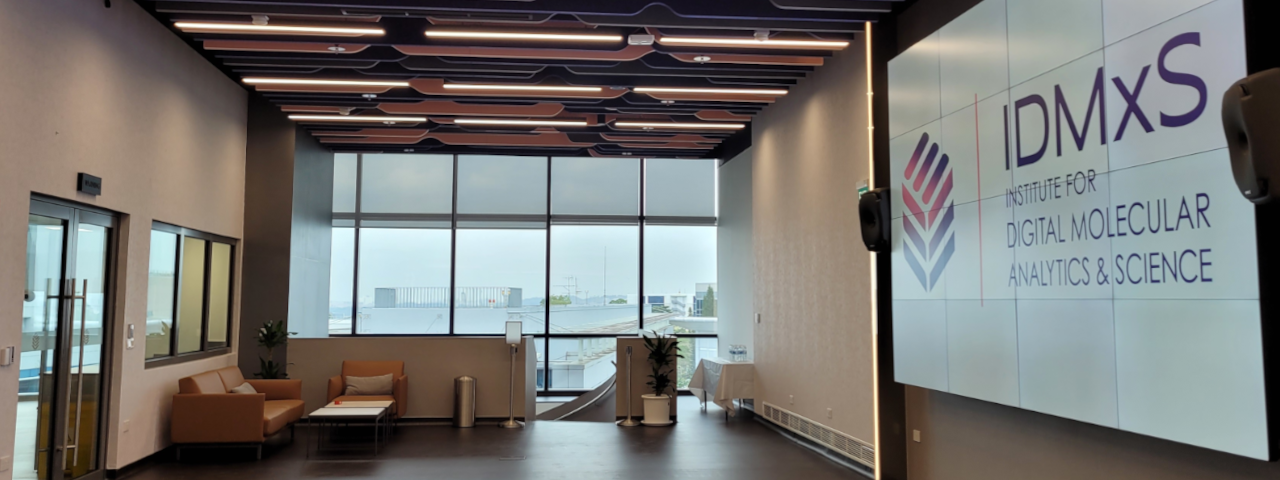
Institute for Digital Molecular Analytics and Science (IDMxS)
The Institute for Digital Molecular Analytics and Science (IDMxS), is a Research Centre of Excellence (RCE) at NTU. IDMxS is an organised effort focused on interfacing the biological and living world with the world of information technology and data science.
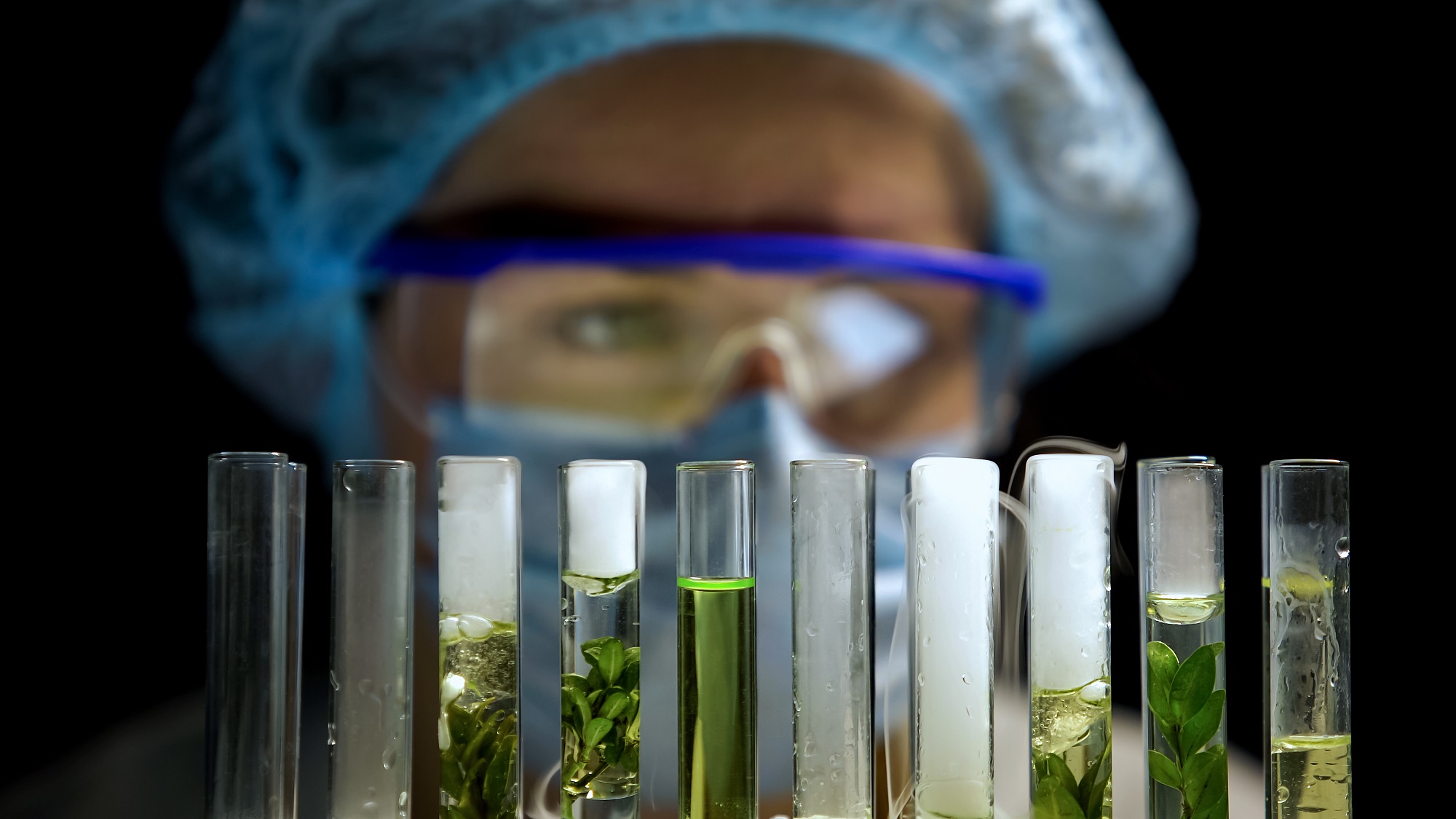
NTU Integrated Medical, Biological & Environmental Life Sciences (NIMBELS)
NTU Integrated Medical, Biological & Environmental Life Sciences (NIMBELS) is a university-level strategic venture that brings various NTU entities together and collaborate on initiatives to promote synergistic and interdisciplinary partnerships that are critical to addressing many of today’s health and environmental challenges.
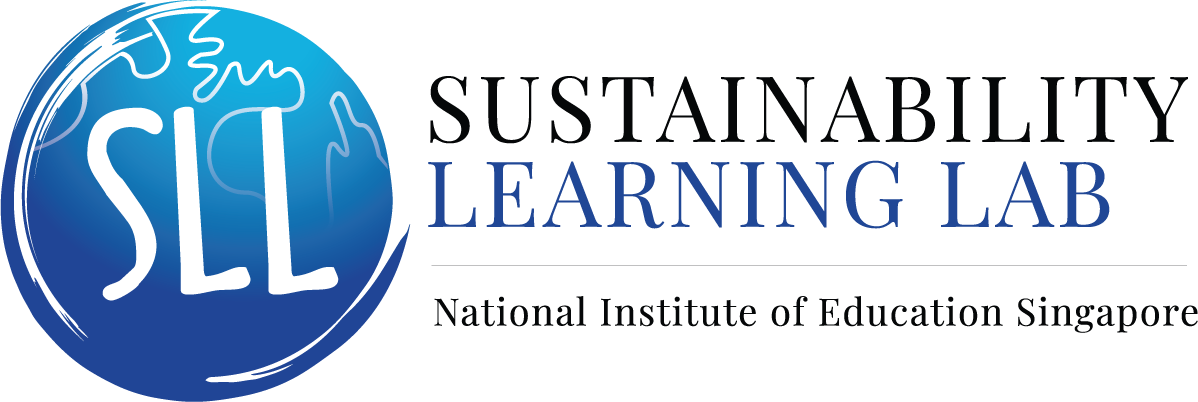
Sustainability Learning Lab (SLL) at NIE
The Sustainability Learning Lab (SLL) is a formal center of excellence situated within the National Institute of Education, Nanyang Technological University. Set against a backdrop of rapid climate change, widespread ecological degradation, and uneven development, sustainability is one of humanity’s grand challenges. The inception of SLL is driven by the collective aspiration of our research and teaching community to cultivate sustainability knowledge as well as foster adaptable and inclusive shared futures.
Our Industry Partners
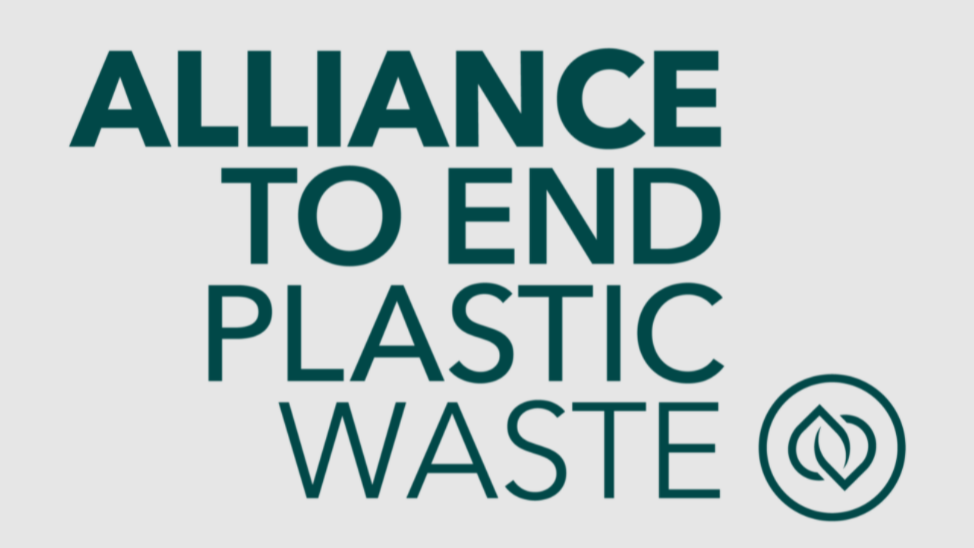






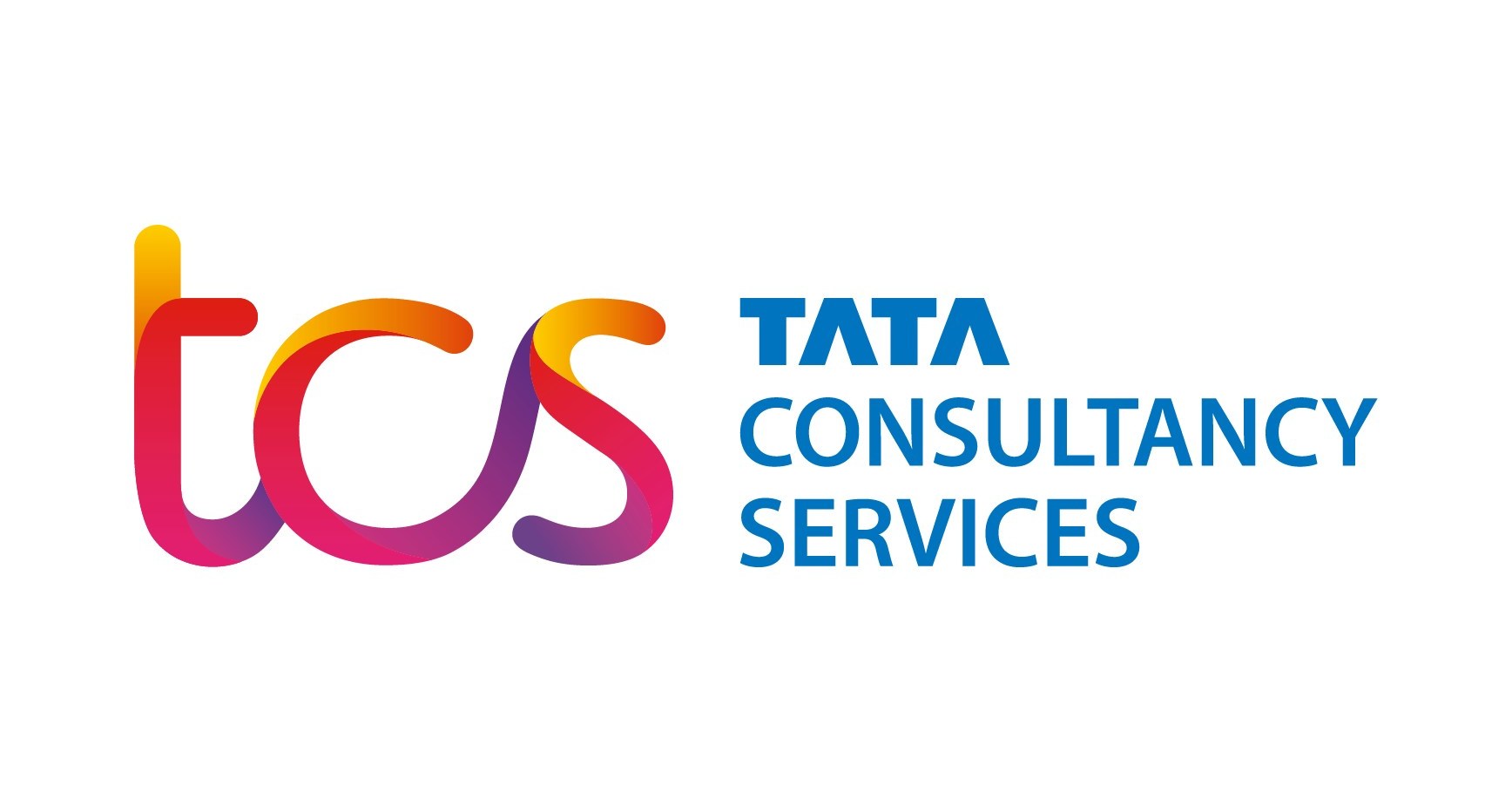
Research News
On the shoulders of pioneers: Prof Madhavi Srinivasan
In this 30th anniversary issue, Pushing Frontiers talks to four NTU researchers who are pushing the frontiers of their respective fields. From devising sustainable ways of storing energy to understanding how gut microorganisms affect disease development, their research promises to impact societies and generations to come.

In the age of electric vehicles and other technological innovations, Prof Madhavi Srinivasan is on a mission to enhance the sustainability and performance of energy storage devices.
“My research focuses on the synthesis, fabrication and application of materials to improve the performance of electrochemical energy storage devices such as batteries and supercapacitors, while ensuring that they are sustainable at the same time,” says Prof Madhavi, who is the Director of the Global Alliance of Industries @ NTU (GAIN) and co-Director of the Singapore-CEA Alliance for Research in Circular Economy (SCARCE). She also holds an appointment with NTU’s School of Materials Science and Engineering.
Using innovative computational chemistry and machine learning methods, Prof Madhavi searches for new materials that can potentially transform the next generation of batteries. These high capacity and eco-friendly batteries can be used to power a variety of electronic innovations, ranging from electric vehicles to portable electronic devices.
Supported by an Advanced Manufacturing and Engineering grant from Singapore’s Agency for Science, Technology and Research, Prof Madhavi has embarked on another project to fabricate new structural batteries. These batteries will be made using materials that simultaneously store energy and can withstand mechanical stresses.
projects with the industry and its growing partnerships through GAIN. Under her leadership, GAIN has established a tie-up with the Alliance to End Plastic Waste that will leverage Singapore’s research capabilities to catalyse innovations that create value out of plastic waste.
“Partnerships between academia and the industry are important for translating findings from the laboratory into real-world innovations, as well as to ensure the sustainability of these technologies,” says Prof Madhavi.
She is also interested in developing environmentally friendly recycling technologies that can sort and recover valuable materials from e-waste. At SCARCE, a joint lab between NTU and the French Alternative Energies and Atomic Energy Commission, Prof Madhavi secured industry funding for collaborative projects on green recycling technologies such as using fruit peel waste to recover heavy metals from lithium-ion batteries. These technologies have resulted in three patents that have since been licensed to companies.
In another role as the Executive Director of the newly established NTU Sustainability Office, Prof Madhavi leads NTU’s efforts to become a global leader in sustainability.
The article appeared first in NTU's research & innovation magazine Pushing Frontiers (issue #20, June 2022).
- Engineering & Technology
- Materials Science & Engineering
- Researcher spotlight
- Sustainability
